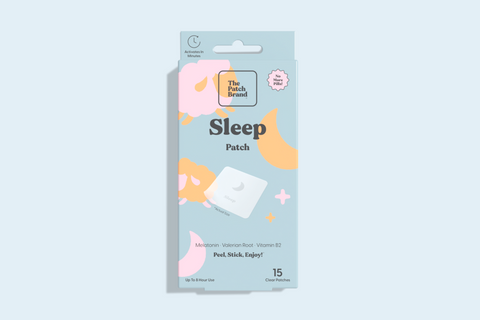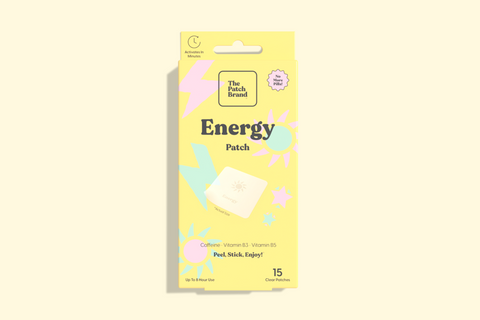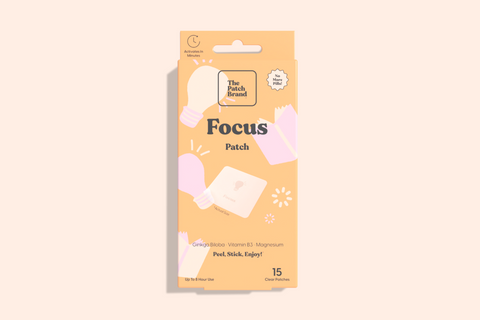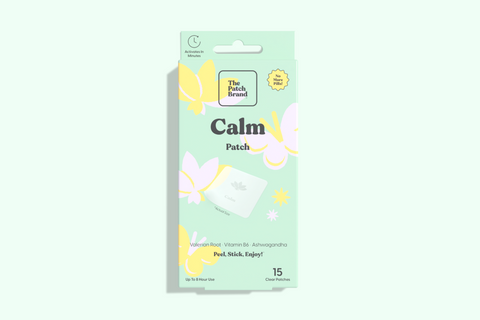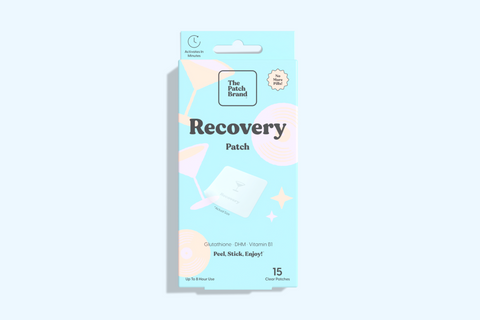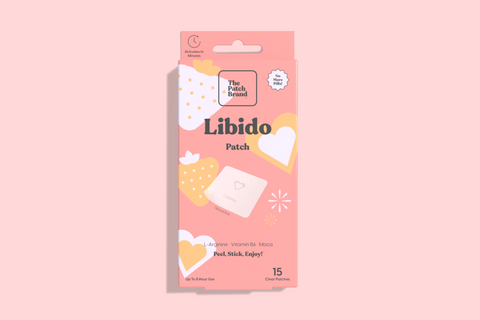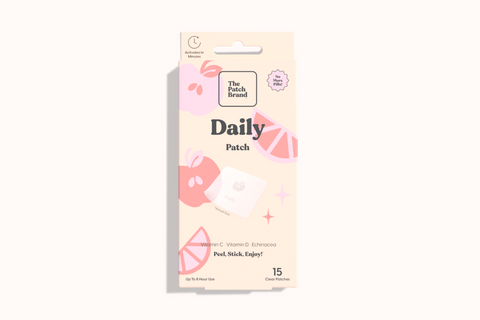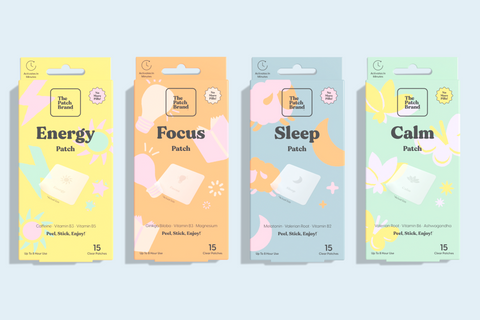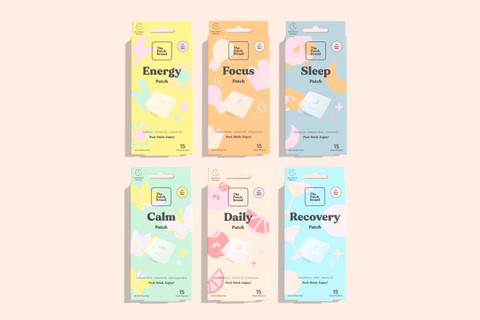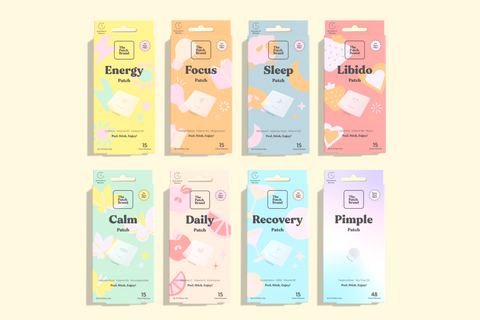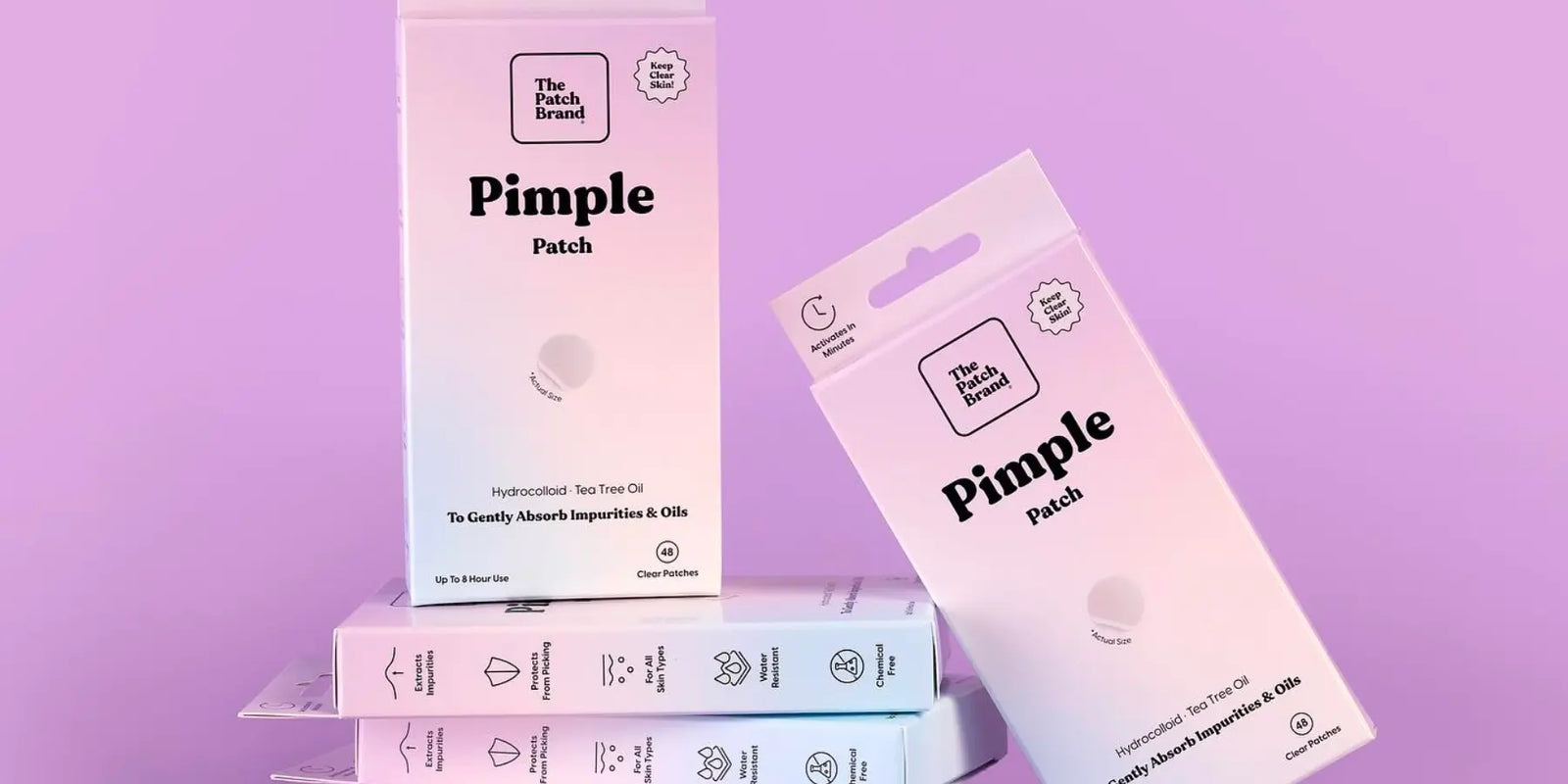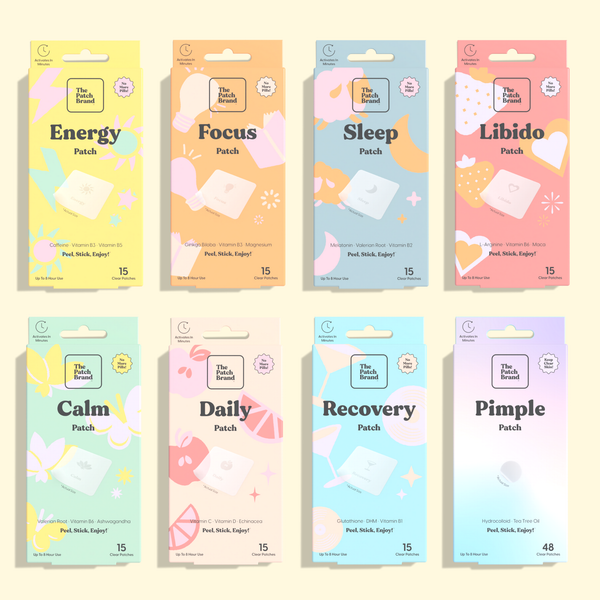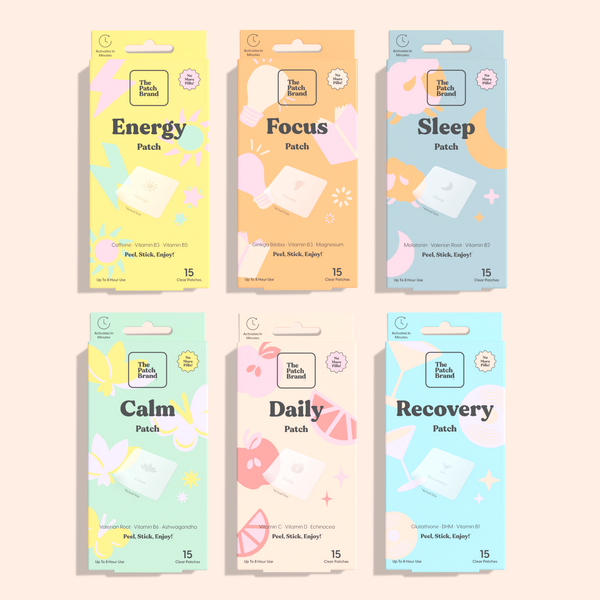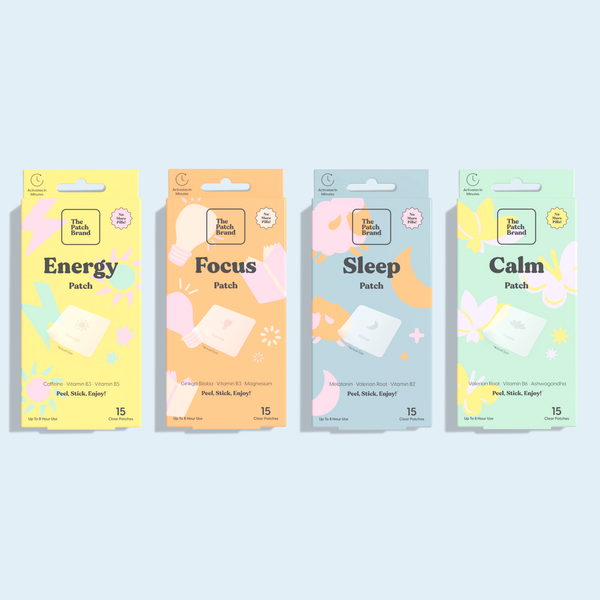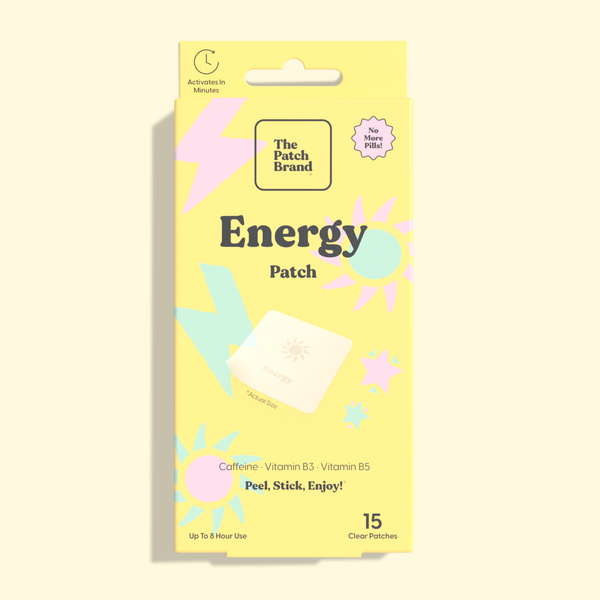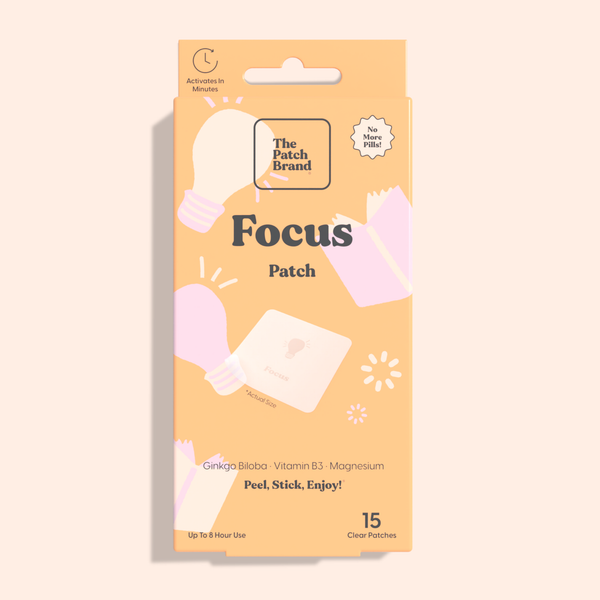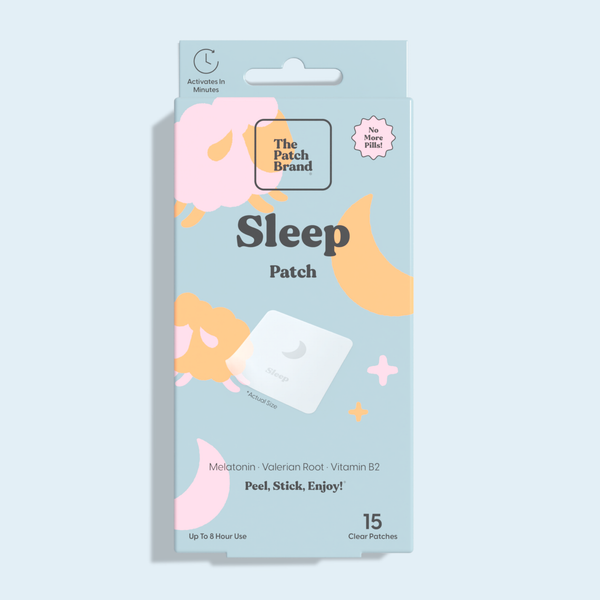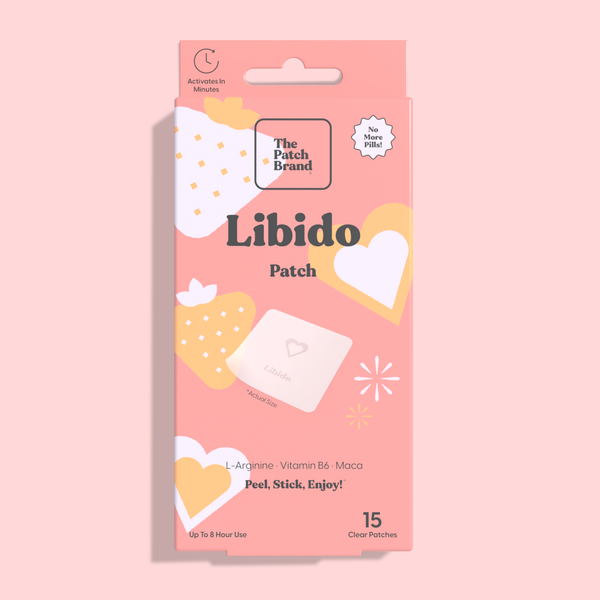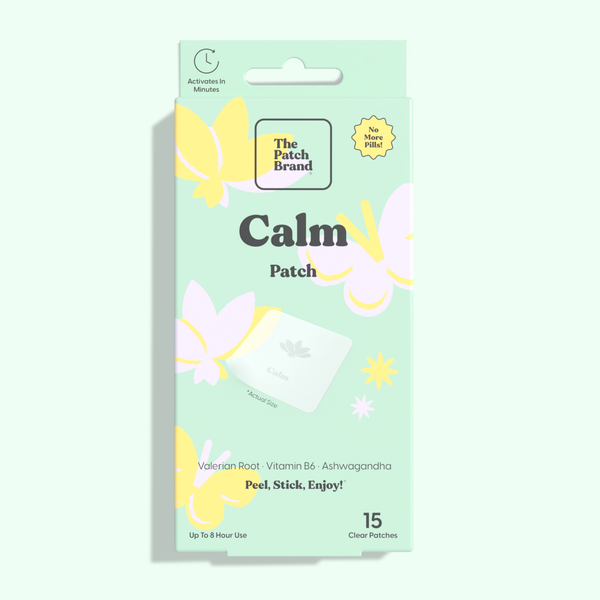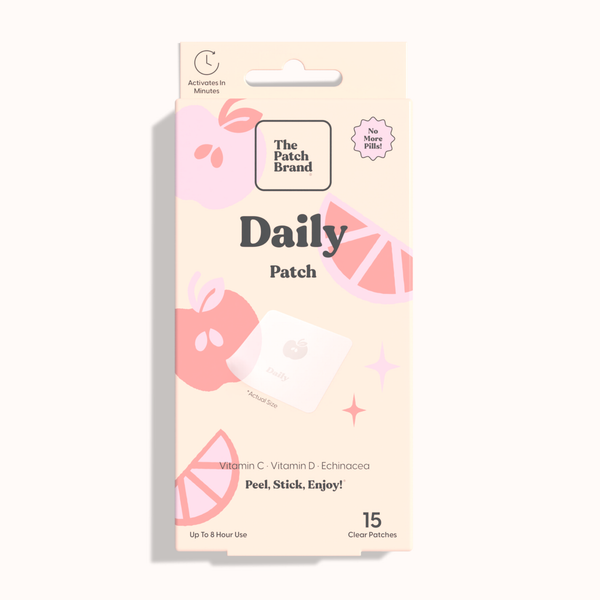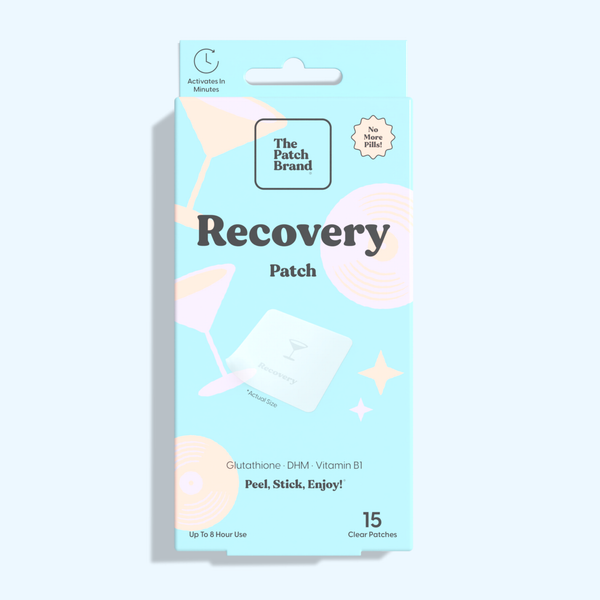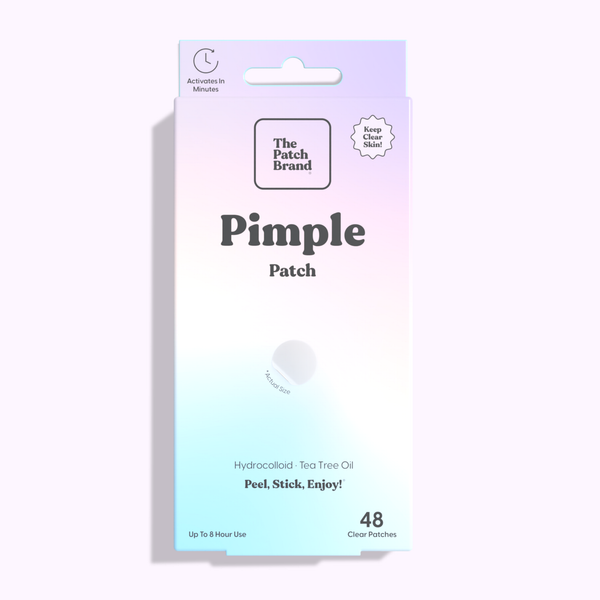How Often Should You Cleanse Your Face to Prevent Pimples?
Cleanse your face twice daily with a gentle cleanser to prevent pimples. Over-washing can irritate the skin and increase oil production, leading to more breakouts. If you sweat heavily or wear makeup, consider a third cleanse to remove impurities. Always moisturize afterward to maintain skin balance.
What Role Do Hormones Play in Pimple Development?
Hormones, particularly androgens, stimulate sebaceous glands to produce excess sebum. This oil can clog pores, combining with dead skin cells and bacteria, leading to inflammation and pimple development. Hormonal fluctuations during puberty, menstruation, pregnancy, and stress often trigger or worsen acne outbreaks.
How Can Stress Management Help in Preventing Pimples?
Stress management can help prevent pimples by reducing the body's production of cortisol, a hormone that can increase oil production in skin glands, leading to clogged pores and breakouts. Techniques like meditation, exercise, and adequate sleep can lower stress levels, thus potentially reducing the occurrence of pimples.
How Does Proper Hydration Affect Pimple Prevention?
Proper hydration helps maintain skin elasticity and flush out toxins, which can reduce oil and sebum production. This balance minimizes clogged pores, thereby preventing pimple formation. Additionally, well-hydrated skin can better fight off bacteria and heal faster, further aiding in pimple prevention.
What Are the Dangers of Popping Pimples and How to Avoid Them?
Popping pimples can push bacteria deeper, causing inflammation, infection, and scarring. It may also spread bacteria, leading to more breakouts. To avoid these dangers, treat acne with proper skincare, including gentle cleansing, over-the-counter treatments like salicylic acid or benzoyl peroxide, and avoid touching your face. Consult a dermatologist if necessary.
